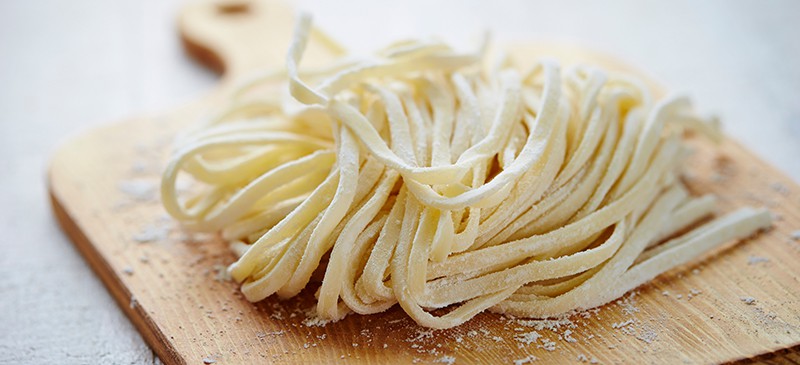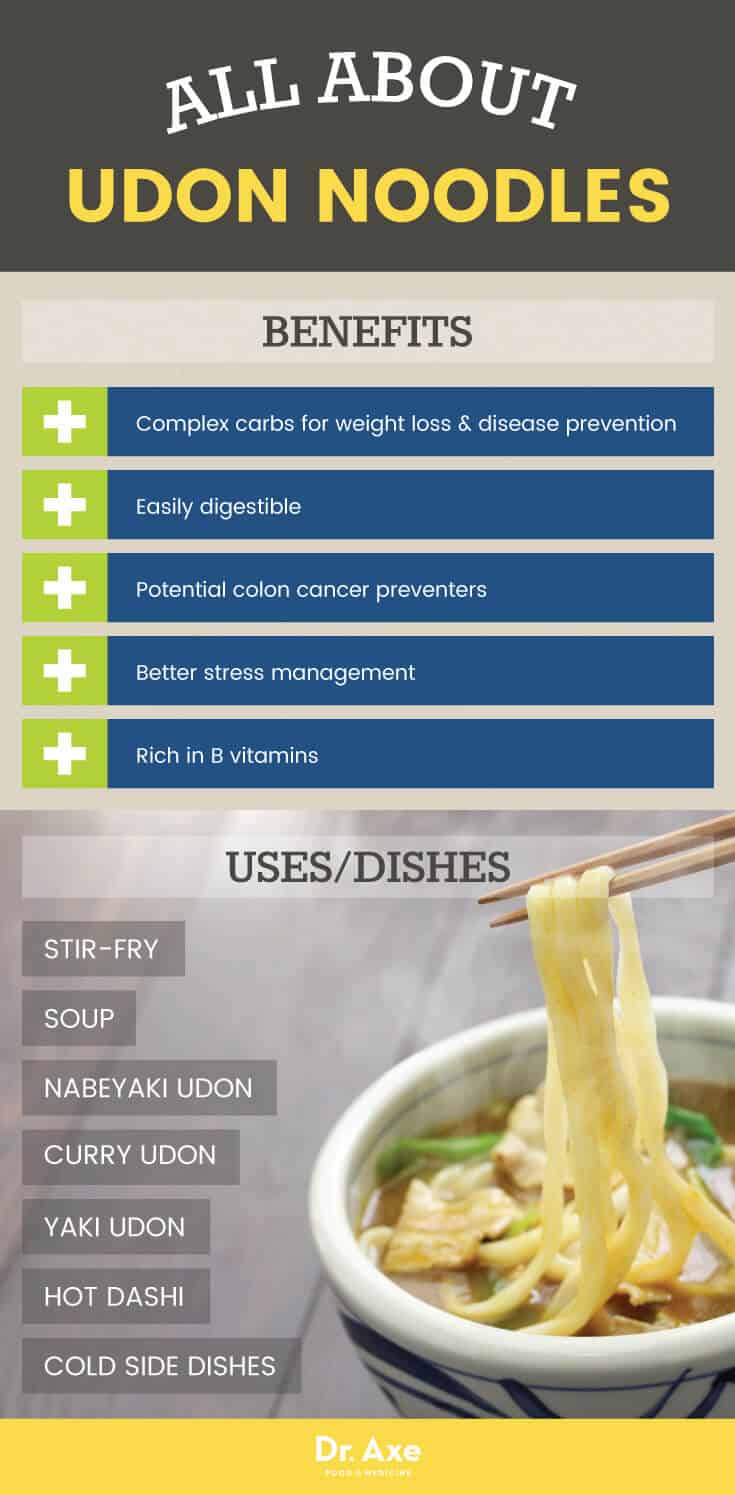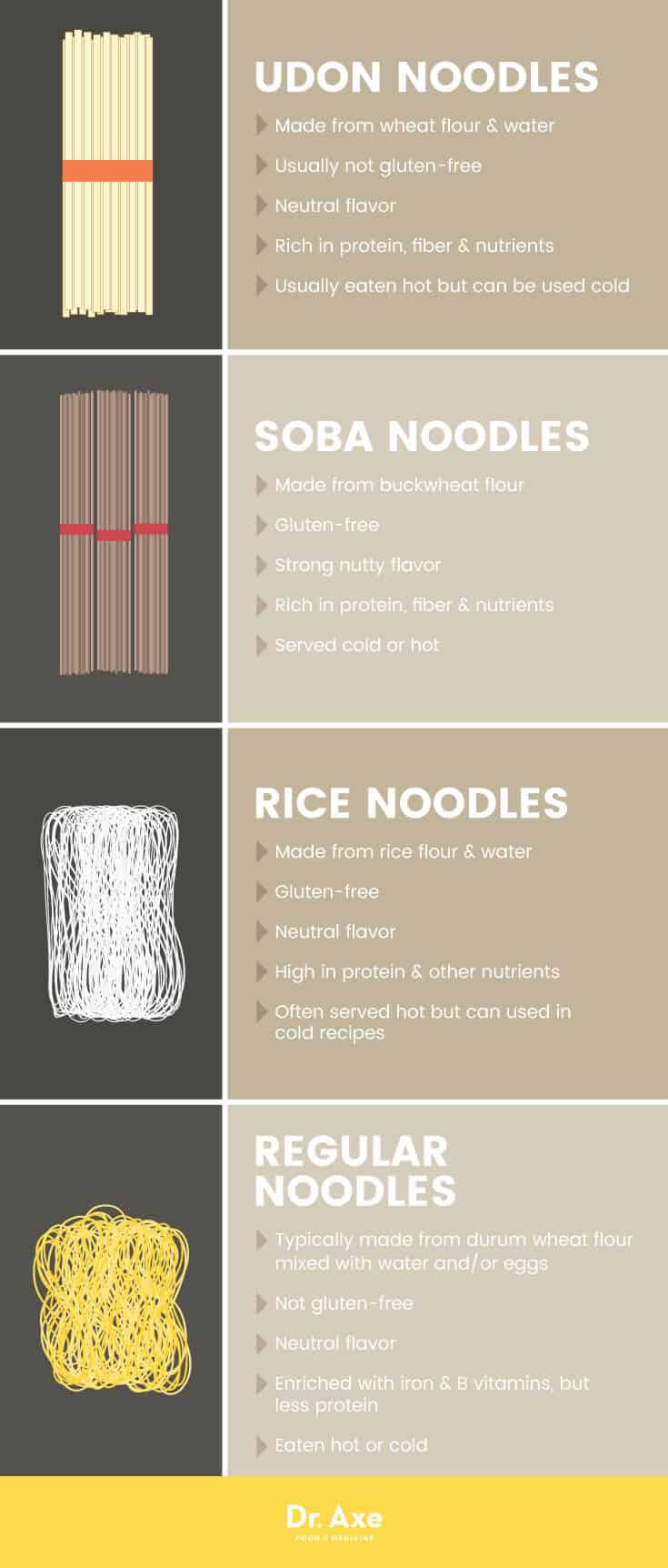This Dr. Axe content is medically reviewed or fact checked to ensure factually accurate information.
With strict editorial sourcing guidelines, we only link to academic research institutions, reputable media sites and, when research is available, medically peer-reviewed studies. Note that the numbers in parentheses (1, 2, etc.) are clickable links to these studies.
The information in our articles is NOT intended to replace a one-on-one relationship with a qualified health care professional and is not intended as medical advice.
This article is based on scientific evidence, written by experts and fact checked by our trained editorial staff. Note that the numbers in parentheses (1, 2, etc.) are clickable links to medically peer-reviewed studies.
Our team includes licensed nutritionists and dietitians, certified health education specialists, as well as certified strength and conditioning specialists, personal trainers and corrective exercise specialists. Our team aims to be not only thorough with its research, but also objective and unbiased.
The information in our articles is NOT intended to replace a one-on-one relationship with a qualified health care professional and is not intended as medical advice.
Udon Noodles Benefit Digestion, Immunity and Stress Levels
January 24, 2017

Often described as a food that’s fun to eat, the chewy texture and mild flavor of udon noodles make them almost impossible not to like. (And don’t worry — if you can’t have wheat noodles, there are also brown rice udon noodle varieties for those of you with gluten sensitivities.)
You’ll often find them swimming in a delicious broth of udon soup. They can also be used as stir-fry noodles or served cold with a healthy dip like miso sauce. However you want to use them, udon noodles made from whole wheat flour are very satisfying, and in moderation, they provide a healthy dose of carbohydrates and fiber as well as several nutrients to benefit your health.
If you’re looking for a new comfort food this winter (or any season), udon noodle soup is sure to leave you feeling warm and satisfied. When you consume udon noodles made from whole grain flour, you get a nice of dose of complex carbohydrates, which help to prevent weight gain, cardiovascular problems as well as type 2 diabetes. (1)
Let’s take a look at what are udon noodles, how can you use them and how they compare to other varieties of noodles.
What Are Udon Noodles?
Udon noodles are white noodles made from wheat flour, water and salt. An udon noodle is typically four to six millimeters in width, making it the thickest of the Japanese noodles. (Unlike buckwheat noodles, most udon noodles do contain gluten since they’re made entirely of wheat flour. However, you can find a variety made from brown rice.
Traditionally, udon noodles are served cold with a dipping sauce during warmer months. During colder months, they’re commonly used in soups and other hot dishes. Some traditional udon dishes include Nabeyaki udon, curry udon and yaki udon. Udon noodles can also be found in hot dashi, which is a Japanese broth made with kombu and bonito flakes.
Nutritionally speaking, udon noodles are not a high-calorie food, but they do contain a significant amount of carbohydrates as well as a significant amount of protein. They also contain important nutrients like iron, potassium, thiamine, niacin, riboflavin, phosphorus, zinc, copper, folate and magnesium with less than two grams of fat and one gram of sugar per two-ounce serving. Nutrient content varies depending upon the quality of the wheat used to make the noodles.
Health Benefits
1. Complex Carbohydrates for Weight Loss and Chronic Disease Prevention
If you consume udon noodles made from a high-quality whole wheat flour, you get a significant dose of complex carbohydrates, which are higher in fiber and digested more slowly by the body than simple carbohydrates. People watching their waistlines or blood sugar definitely want to reach for complex carbs like whole grains rather than simple, refined carbs like sugary breakfast cereals.
Anyone who truly is looking to make a healthy choice should opt for complex carbs like the whole wheat udon noodle. Complex carbohydrates are believed to make weight loss easier. (2) They also help in the prevention of heart problems and type 2 diabetes, which is why complex carbs are better for those following a diabetic diet plan than simple carbs. (3)
2. Easily Digestible
Many people love udon noodles because they’re light and easy to digest. (4) With only three ingredients (flour, water and salt) and no added fat, it makes sense that the body would process these noodles quickly and easily.
Some sources also say that Japanese scientists attribute the easy digestibility of udon noodles to all the kneading that goes into their formation. How so? They say that the kneading “develops and concentrates the wheat protein, which then mixes with the starch molecules and makes them more available to digestive enzymes in the body.” (5)
3. Potential Colon Cancer Preventer
When it comes to the fiber content of udon noodles, the numbers vary by product. If you consume udon noodles made from true whole wheat, you will get a significant dose of fiber in your diet. For example, two ounces of dry uncooked udon noodles made from a whole grain flour can contain approximately five grams of fiber, which fulfills 20 percent of daily fiber requirements for the average person.
A high-fiber diet helps prevent constipation, which also promotes greater intestinal health. This can help to prevent a lot of health problems, including colorectal cancer. According to the American Institute for Cancer Research, for every 10 grams of fiber consumed daily, the risk of colorectal cancer is reduced by 10 percent. (6) This means these noodles are potential cancer-fighting foods thanks to their high fiber content.

4. Better Stress Management
When it comes to managing stress, it’s really important to seek support, exercise and get enough sleep. Diet is another vital part of successful stress management. Eating complex carbohydrates like whole grain udon noodles is actually a recommended and helpful dietary recommendation for stress management. (7)
A hot bowl of soup with whole grain udon noodles can be a perfect choice for a comforting and calming meal during times of stress.
5. Rich in Crucial B Vitamins
A serving of whole grain udon noodles contains four of the eight B vitamins, including thiamine (vitamin B1), riboflavin (vitamin B2) niacin (vitamin B3) and folate (vitamin B9). Per serving, udon noodles contain about 4 percent of the daily requirements for riboflavin and folate.
More impressive is the thiamine content at 20 percent and the niacin content at 15 percent. In general, all B vitamins help the body convert carbohydrates into fuel. Having B vitamins is ideal for helping to turning those carbs into the fuel your body needs to produce energy.
Thiamine is especially high in whole grain udon noodles, which is awesome because it’s considered to be an “anti-stress” vitamin since it can help make the immune system stronger and improve bodily stress resistance. (8) Niacin is also significantly high in udon noodles made from whole grain wheat flour.
Why should you care about getting enough niacin in your diet? It’s demonstrated an ability to quell inflammation while improving circulation in the human body. Niacin also plays a vital role in the production of key hormones in the adrenal glands and other areas of the body. (9)
Udon vs. Soba vs. Rice vs. Regular Noodles
Udon Noodles
- Made from wheat flour and water
- Not gluten-free unless they’re made entirely from brown rice
- Neutral flavor
- Chewy and soft texture
- Thicker and chewier than soba noodles
- A type of Japanese noodle
- Rich in protein, fiber and nutrients when made from whole grain flour
- Often served hot as a noodle soup but can also be eaten cold
Soba Noodles
- Authentic soba noodles are made from 100 percent buckwheat flour
- Gluten-free (as long as no wheat flour is added)
- Strong, nutty flavor
- Originate in Japan
- Can be served both cold or hot
- Naturally rich in protein, fiber and nutrients thanks to buckwheat flour
- Soba noodles have more fiber and more protein per serving than udon noodles, rice noodles and traditional pasta

Rice Noodles
- Made from rice flour and water
- Gluten-free
- Neutral flavor
- Flatter and softer when cooked than soba, udon or regular noodles
- Higher in protein and other nutrients when made from brown rice rather than white rice flour
- Often eaten hot and put into soups but can also be used cold in recipes
Regular Noodles
- Typically made from durum wheat flour mixed with water and/or eggs
- Contain gluten
- Neutral flavor
- Mainly eaten hot but can also be eaten cold
- Typically enriched with iron and B vitamins
- Typically contains less protein per serving than udon noodles, soba noodles or brown rice noodles
How to Use
You can purchase udon noodles dried, fresh or frozen. The fresh and frozen varieties tend to be thicker and chewier than dried. Look for whole wheat udon noodles that have more fiber, nutrients and health benefits. It’s also ideal that the salt used in the udon noodles is sea salt. You should read ingredients labels carefully to ensure that you buy the healthiest udon noodles available.
Udon noodles are truly versatile and can be used in everything from soups to stir-fries to cold side dishes.
Here are some delicious and super healthy udon noodle recipes to get you started:
- Massamam-Inspired Chicken Noodle Soup
- Noodles with Kale and Spicy Rhubarb Sauce (I suggest adding some high-quality protein to this one.)
- Roasted Butternut Squash and Udon Noodles with Cilantro-Tahini Sauce
Allergies and Side Effects
If you need to avoid gluten completely, unfortunately udon noodles made from wheat flour are not for you because they contain gluten. If you need to avoid gluten, look for udon noodles made entirely from rice flour, but make sure there is no added wheat flour.
As a noodle, it’s not surprising that udon noodles contain a significant amount of carbohydrates. To prevent a blood sugar spike, it’s important to watch your portion size. It’s also a smart idea to include healthy protein and fat with your udon recipe of choice.
If you’re a diabetic, you need to be especially careful of your intake of a carb-rich food like udon noodles.
I also want to note that udon noodles do contain a significant amount of sodium. Ideally, look for udon noodles that have sea salt as their sodium source.
Final Thoughts
Are you a fan of Japanese noodles already? If you haven’t tried udon noodles, I really think they’re worth a taste, especially in a delicious bowl of udon noodle soup.
Why? Well, these noodles have been shown to help with weight loss and chronic disease prevention thanks to their complex carbohydrate makeup, are easily digestible, potentially prevent colon cancer, help manage stress, and provide B vitamins.
To reap the maximum health benefits of udon noodles, just make sure to buy noodles made from whole grain flour or brown rice flour if you’re looking to completely avoid gluten.




